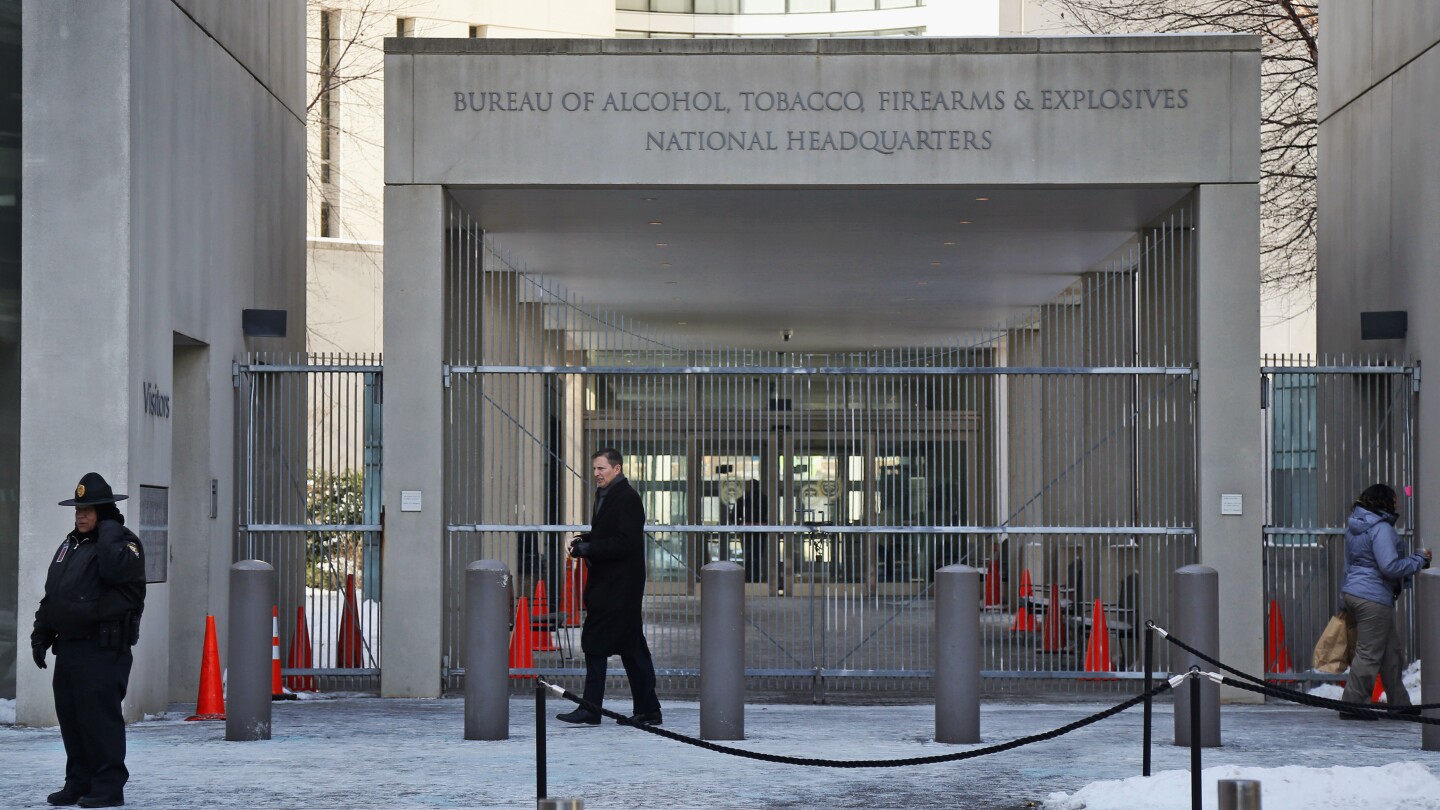South Dakota voters will decide this fall whether the state can impose work requirements on certain low-income people receiving Medicaid health care coverage, which would modify the program expansion voters approved in 2022.
The Republican-controlled Legislature has put the measure on the November ballot, with the state House approving the resolution in a 63-7 vote on Tuesday. The Senate previously adopted it, 28-4.
South Dakota Republican lawmakers want to add a work requirement for adults who are not physically or mentally disabled but who are eligible for Medicaid under the expansion of the government-sponsored program that voters approved in 2022 under a ballot initiative. The change, which took effect last summer, greatly increased the number of people in the state who qualify for Medicaid.
Even if voters approve the measure, the federal government will have to sign off on a work requirement.
READ MORE
Bill headed to South Dakota governor would allow museum’s taxidermy animals to find new homes
GOP lawmakers try to thwart abortion rights ballot initiative in South Dakota
A former South Dakota attorney general urges the state Supreme Court to let him keep his law license
The expansion was previously opposed by both Republican Gov. Kristi Noem and the GOP-controlled Legislature, which defeated a proposed Medicaid expansion earlier in 2022.
The 2022 constitutional amendment expanded Medicaid eligibility to people who earn up to 138% of the federal poverty level, which the state Department of Social Services says is up to $41,400 for a family of four.
Republican Rep. Tony Venhuizen, a prime sponsor of the work requirement measure, described it as a “clarifying question” for voters on a specific point.
“When you listen to the opposition on this, you hear people who very clearly want people to go on Medicaid expansion and stay on it for a long period of time as their plan for health care, and I just don’t think that’s the purpose of social programs in South Dakota. We want to give people a hand up to a better life,” Venhuizen said.
Details of and exemptions from the work requirement are “like step 10,” he told a House panel Monday during a hearing for the resolution. “What we’re talking about today is step one.”
Supporters also have pointed out that other assistance programs, such as food benefits, have work requirements.
Opponents have said a work requirement would be unnecessary, ineffective and against the will of voters in 2022. South Dakota has a 2% unemployment rate, behind only Maryland and North Dakota, according to the U.S. Bureau of Labor Statistics in January.
“Who is not working? Who is on Medicaid and is not working? And I can answer that for you, it’s the poorest of the poor,” said Democratic Rep. Kadyn Wittman, who called the measure’s consideration “deeply offensive to every individual that voted yes” for Medicaid expansion in 2022.
The expanded eligibility took effect July 1, 2023. Nearly 20,000 people have since enrolled. More people are expected to enroll. The department estimated 52,000 new people would qualify for Medicaid expansion when it opened.
